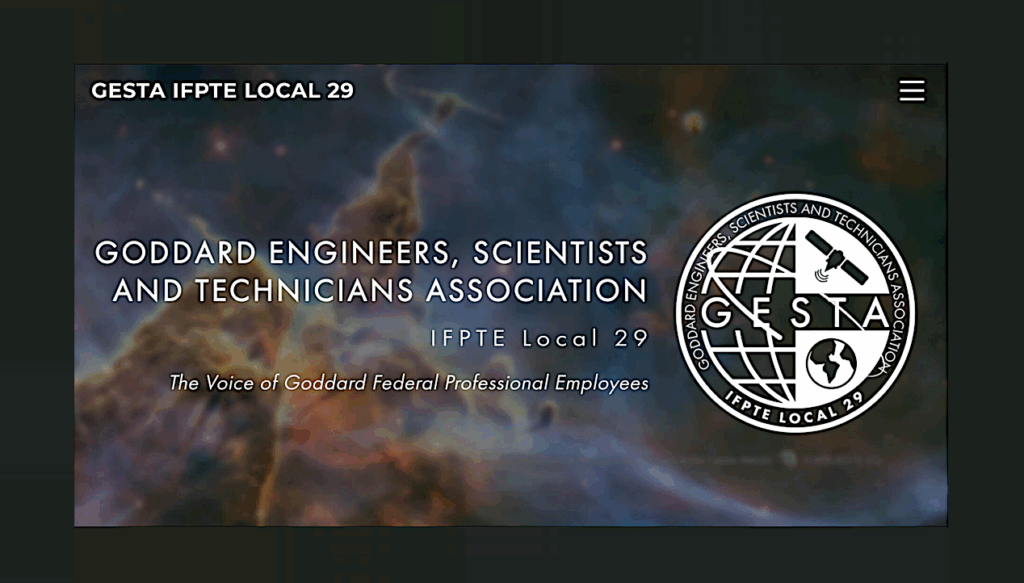Education and the Next 50 Years
Science education initiatives are critical to the future of U.S. aerospace, Rep. Mark Udall, The Hill
“As chairman of the House Science and Technology Committee’s Subcommittee on Space and Aeronautics, I see the unique role that the National Aeronautics and Space Administration (NASA) plays in supporting math and science education. NASA’s inspiring science, aeronautics, and human space flight and exploration missions are a natural attraction for children and students. In addition, NASA’s educational initiatives can provide direct assistance to building science, technology, engineering and mathematics (STEM) skills in pre-kindergarten through post-doctoral students.”
Advantages of space exploration include fostering technological, economic growth, Rep. Ralph Hall, The Hill
“America’s manned space exploration inspired generations of students, but we are falling behind other nations in the number of science, technology, engineering and math (STEM) graduates. Congress is working to improve those numbers in a host of ways, and keeping manned space exploration a top priority is one of the best motivators we could have.”
OMB Report on NASA Education, previous post
Performance – Collecting performance data consistently and annually for all program activities, reporting performance against the program’s established metrics and targets, and using results to improve performance. – No action taken
Performance – Conducting independent evaluations to assess the program’s effectiveness and efficiency against the program’s established metrics and performance goals and applying resources based on the results. – No action taken








